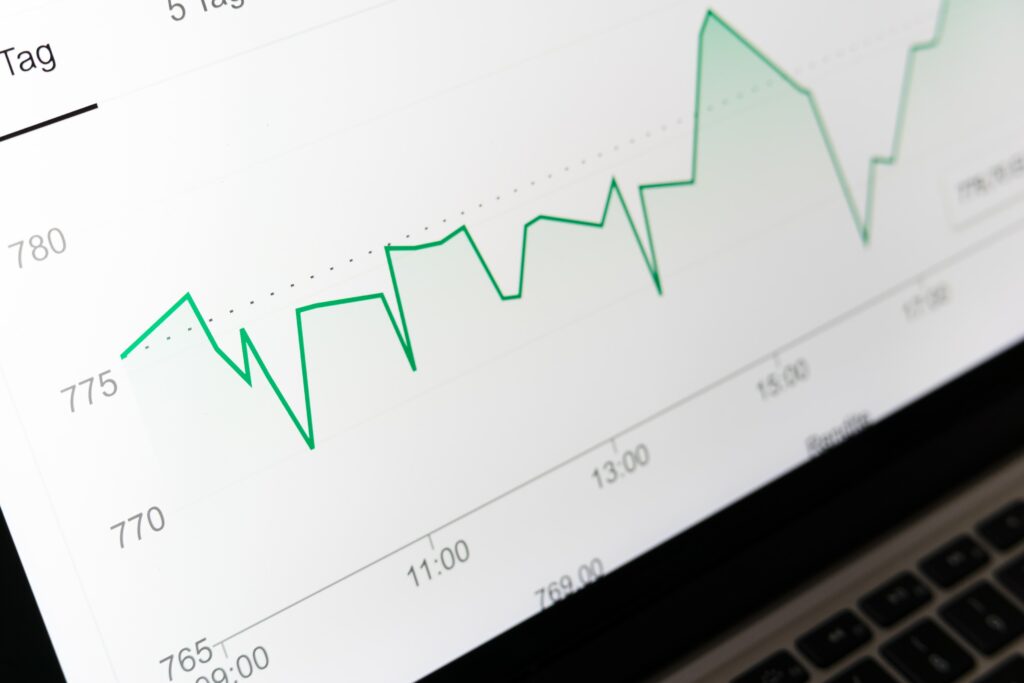Markets upbeat as China relaxes covid restrictions, but experts warn of impending peril
Despite indicators that supply chain issues are improving, analysts are sceptical that China is ready to live with Covid.
Global equities and the price of several primary commodities have surged on optimism that China’s easing on tight zero-Covid regulations will help to reduce inflation, despite some experts warning that the country is not prepared to live with the epidemic.
On Wednesday, China’s authorities declared a fundamental change toward living with the virus. People with Covid-19 who have minimal or no symptoms can quarantine at home, and officials have been ordered not to initiate interim lockdowns. For “cross-regional migrants,” testing will no longer be necessary.
China’s economic development will continue to accelerate with the execution of newly announced anti-Covid adjustment measures, according to official media on Thursday.
Shares of Chinese companies listed in the United States surged, while Hong Kong’s Hang Seng index gained more than 3% on Thursday. Copper prices rose on the prospect of rising demand from China, the world’s largest buyer. Analysts believe that relaxing Covid measures will aid in the restoration of global supply networks, hence lowering inflation.
“The realisation that China is going to be back online and producing products will help bring down inflation and that’s a good thing. If inflation can come down, the Fed can step aside and pause,” said Tim Ghriskey, chief investment strategist at Inverness Counsel in New York, referring to the US Federal Reserve’s recent interest rate hikes.
Shipping costs have dropped considerably in recent months, indicating that global supply constraints are beginning to relax. A single container from China to the United States cost $20,000 in January. That cost roughly $2,000 in December.
A decrease in global demand aided the development of global supply chains. According to the US Commerce Department, US expenditure on manufactured products has fallen over the previous three quarters, most likely as a result of the US Federal Reserve’s increased lending rates.
Inflation in the United States decreased from a high of 9.1% in June to 7.7% in October, although it remained considerably over the Federal Reserve’s objective of 2%.
As supply constraints improve, the United States may be able to avert a recession, according to US Treasury Secretary Janet Yellen on Thursday.
The global drop in demand for commodities, along with China’s tough Covid restrictions, had a significant impact on Chinese manufacturing in November.
When compared to the same period the previous year, the value of the country’s exports declined by 8.7%. Experts believe such limitations, such as those that halted operations at the world’s largest iPhone manufacturing in Zhengzhou last month, are to blame for much of China’s export downturn.
According to Yellen, China is confronted with a “very complex problem” when changing its policies towards COVID, which has resulted in a slowdown in GDP. She went on to say that a “pickup” in growth may be possible if there was a shift for the better in China’s Covid situation.
However, economists have warned that the promise of economic recovery in China next year is uncertain. The country’s fragile healthcare system and low vaccination rates leave it ill-prepared for a big wave of infections, which could spark labour shortages and make consumers even more cautious. Lifting some Covid restrictions has revived demand for travel and other services in China.
“Compared with other developed countries, medical resources in China are somewhat insufficient,” said Nie Wen, a Shanghai-based economist at Hwabao Trust, who has cut his China growth forecast for the first quarter of 2023 to 3.5-4%, from 5% previously.
He noted the occasion of China’s celebration of the lunar new year in January as a particularly high risk for the occurrence of Covid outbreaks. This is a month in which many of China’s 1.4 billion citizens choose to go on holiday.
Economists and experts were optimistic that the reopening will have a more beneficial impact on growth as a whole.
“Lockdowns mean people can’t travel, people can’t consume, can’t work,” said Rich Nuzum, global chief investment strategist at Mercer.
“It’s not humane to say it that way, but the GDP impact of lockdowns is a lot bigger than the GDP impact of letting the virus run.”
Some economic analysts expressed concern that reopening the market might result in a spike in inflation, which would have a negative impact not just on the Chinese economy but also on the world economy.
“The potential reopening could bring inflationary challenges to China,” said Bruce Pang, chief economist at Jones Lang Lasalle.
As cases rise, “a surge in demand, especially the accelerating household consumption, and short-term disruption to labour supply, production and supply chains”, could drive inflation, Pang said.
online sources: theguardian.com, usa.gov, us.jll.com

